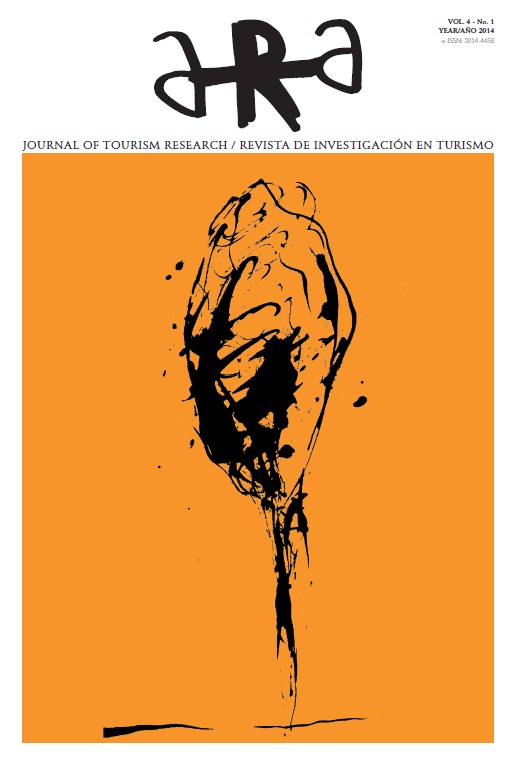Sustaining Ecotourism in Tanzania through Community
Article Sidebar

Main Article Content
Liliane Pasape
Nelson Mandela African Institution of Science and Technology, Arusha
Wineaster Anderson
University of Dar es Salaam, Dar es Salaam
George Lindi
University of Dar es Salaam, Dar es Salaam
This study explores the contribution of community empowerment to the sustainability of ecotourism in Tanzania using education programmes, access to information and language. Through the survey approach data was collected from Tanzania’s ecotourism stakeholders (N=250) in the eight selected regions of Dar es Salaam, Pwani, Morogoro, Tanga and Zanzibar (for the eastern tourism circuit) and Arusha, Kilimanjaro and Manyara (for the northern circuit) and thereafter a qualitative analysis was employed complemented by estimation of the multinomial logistic regression model. The findings show that tourism stakeholders lack sufficient knowledge on ecotourism conservation and preservation. Likewise community members have poor access to information due to insufficient ecotourism publications, tourist information centres, a reliable mechanism for communicating with stakeholders and the use of foreign languages in most of the publications. It is therefore the study’s recommendation that community members be empowered through being provided with adequate education programmes and access to relevant information and the use of a language that is understood by them in order to broaden their level of understanding, enhance their management skills and contribute significantly to ecotourism-related activities.
Keywords
community empowerment, education programmes, access to information, language, sustainable ecotourism, Tanzania
Article Details
How to Cite
Pasape, Liliane et al. “Sustaining Ecotourism in Tanzania through Community”. ARA: Journal of Tourism Research / Revista de Investigación Turística, vol.VOL 4, no. 1, pp. 7-25, https://raco.cat/index.php/ARA/article/view/341774.
Rights
Copyright
The authors who publish in ARA agree to the following terms:
- Authors retain copyright and grant the journal the right of first publication.
- Texts will be published under a Creative Commons Attribution License that allows others to share the work, provided they include an acknowledgement of the work’s authorship, its initial publication in this journal and the terms of the license.
- This material may not be used for commercial purposes.
- You may not distribute the modified material.
Attribution-NonCommercial-NoDerivatives 4.0 International (CC BY-NC-ND 4.0)
Most read articles by the same author(s)
- Wineaster Anderson, Saleh Juma, Linkages at Tourism Destinations: Challenges in Zanzibar , ARA: Journal of Tourism Research / Revista de Investigación Turística: Vol. 3 No. 1 (2011)